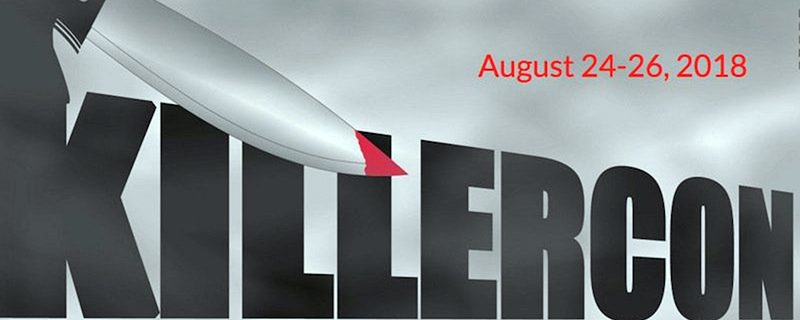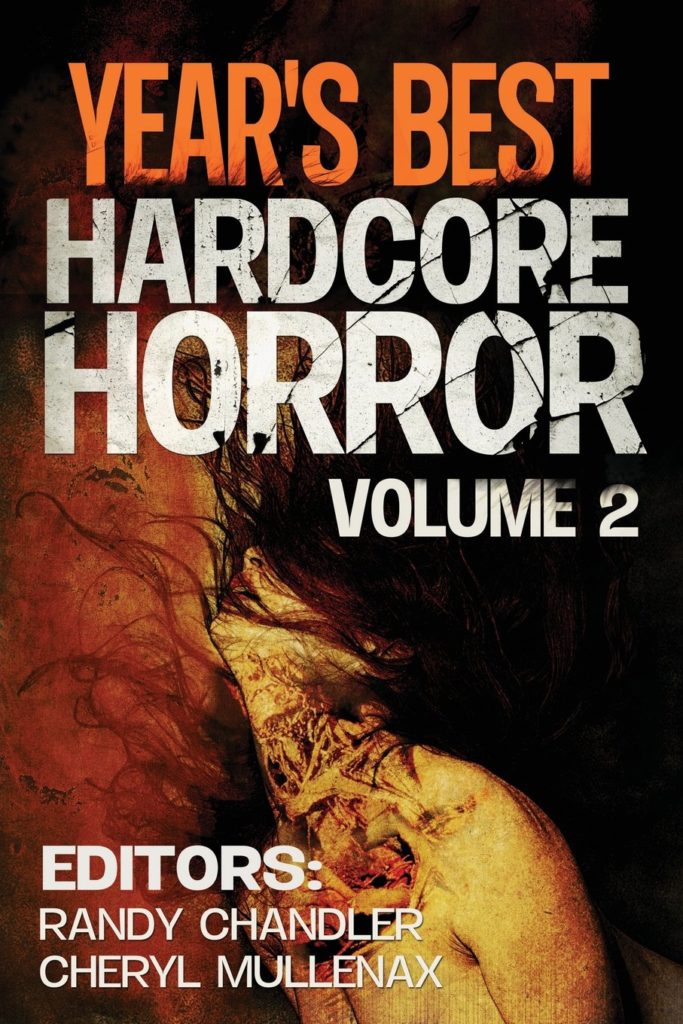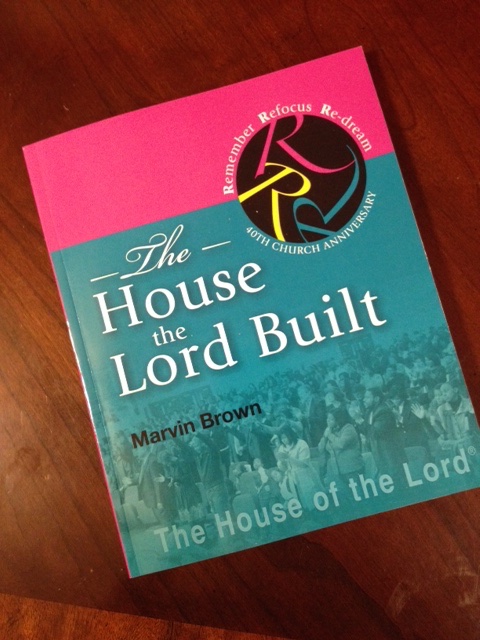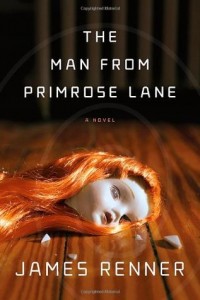Doctor Sleep (2013)
By Stephen King
544 pages
One reason Stephen King’s The Shining endures as a great horror novel of the modern era is that it draws it terrors not just from the outside, but strikes at us from within. The book centers it terrors on alcoholism, isolation and abuse as much as spectral hauntings.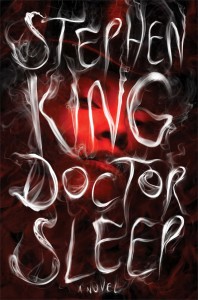
Stanley Kubrick, who directed the film version of the book, said what primary lead him to adapt King’s work was the book’s deft construction that overlapped madness with the supernatural until the two became almost interchangeable/undistinguishable. By the time the supernatural elements take center stage, Kubrick said, the reader has accepted them unquestioned.
Jack Torrance, a former teacher, struggling writer and dry drunk, becomes the winter caretaker at an isolated resort hotel in the Colorado Rocky Mountains. Jack, his wife Wendy and young son Danny will spend the winter in the vast, empty hotel that is certainly haunted by its long history of tragedy and by the ghosts of its victims and victimizers.
It’s insidious how King shows the ghosts of the hotel whittle away at Jack, prying him with alcohol, teasing out his marital and parental insecurities until they break the man. The saddest part of the novel for me is when Jack surrenders to his demons and takes up the task of the hotel’s demons—to kill his paranormal son.
King, who outside of his Dark Tower series, has long made clear he isn’t interested in doing sequels to his works, lit a fuse when he announced a year ago he was writing just that—and to one of his best and oldest works. Doctor Sleep, thus, arrives with expectations that couldn’t be any higher. Well, the novel does not surpass or even match The Shining, and interestingly, it’s not as scary. But it’s a very good book, rich in characterization and subtle terrors that accumulate until you realize King’s horror has as crept up on you from all sides, and on various levels—physical, spiritual, emotional, supernatural. And there’s consistent humor throughout the tale that, strangely, enhances the horror.
Danny has survived the dreadful events of the first book—along with his mother and Dick Hallorann, the hotel chef and mentor to the boy. They are all back for the brief first part of the book, which picks up not long after events of the original novel. In a few pages King has swept us 30 years back, effectively reuniting us with characters and tone we remember. Soon, though, Doctor Sleep jumps ahead and we are reunited with some, but not all, of our dear friends. Danny is now Dan, a thirtysomething hospice caretaker (affectionately nicknamed Doctor Sleep) who uses his shining to help ease the final moments of terminal patients. Finally coming to a sense of purpose and sobriety (You thought he escaped his dad’s legacy of addiction, did you?), Dan’s life is upended once again. This time by a remarkable 12-year-old girl who also has the shining, and the tribe of supernatural baddies who will stop at nothing to possess Abra for her special gifts.
About that tribe: it calls itself the True Knot. Outwardly, its members look like grandmas, grandpas, aunts and uncles crisscrossing the highways and byways of the country in their deluxe campers. It’s a nice touch King adds, having seeming innocuous and ubiquitous RV people mask a terrifying tribe of vampires. Oh, it’s not blood the Knot craves, but “steam”—the fear, power, essence, soul—that seeps from special victims as they are slowly tortured to death. The best steam comes from children with supernatural abilities like the shining, abilities possessed by Dan and, to a more powerful degree, Abra. The steam keeps the Knot from aging and enhances its members’ various supernatural abilities; but you don’t want to know the shocking consequences it faces for going too long without its steam-power.
There are several instances where King ratchets up suspense to almost unbearable levels and then lets the characters, and the reader, off the hook. Honesty, I expected a lot more deaths. Is he softening in his older years? Certainly not in a scene of the Knot torturing a boy for his steam. Despite having a sixth sense, the boy’s tricked into his doom as he shortcuts through a cornfield, heading home from baseball practice. As he cries out for his mother, King takes the scene far enough to not be forgotten for the rest of the book, but restrained enough to let our imagination punish us more than King does.
King’s also brutal in detailing the lifelong and legacy-bearing struggles of alcoholism. The author draws on apparent personal experiences with addiction and makes this the strongest element of the story: the tricks and trades of AA members, the powerful undercurrents of alcohol addiction, how it’s as worrisome an intruder as the supernatural elements of the story. For Dan to stand against formidable opponents—dead and alive—he needs to remain sober, but remaining sober means facing the fears and shame that drove him to drink in the first place.
The bond between Dan and Abra is excellent and instantly summons our dread for the terrors they face. Abra’s an expertly realized tween with an extraordinary gift.
If The Shining is essentially a three-act play of dread with four main characters isolated and confined to tight spaces, Doctor Sleep is a wide-open, multi-character, time-spanning follow-up that nevertheless evokes the era of the first book. King links the books with an assuredness of an old pro, setting me adrift on rippling prose that, from chapter to chapter, pushed me back into a story from my youth (redrum!), then pulled me again into its chilling present-day continuation.

